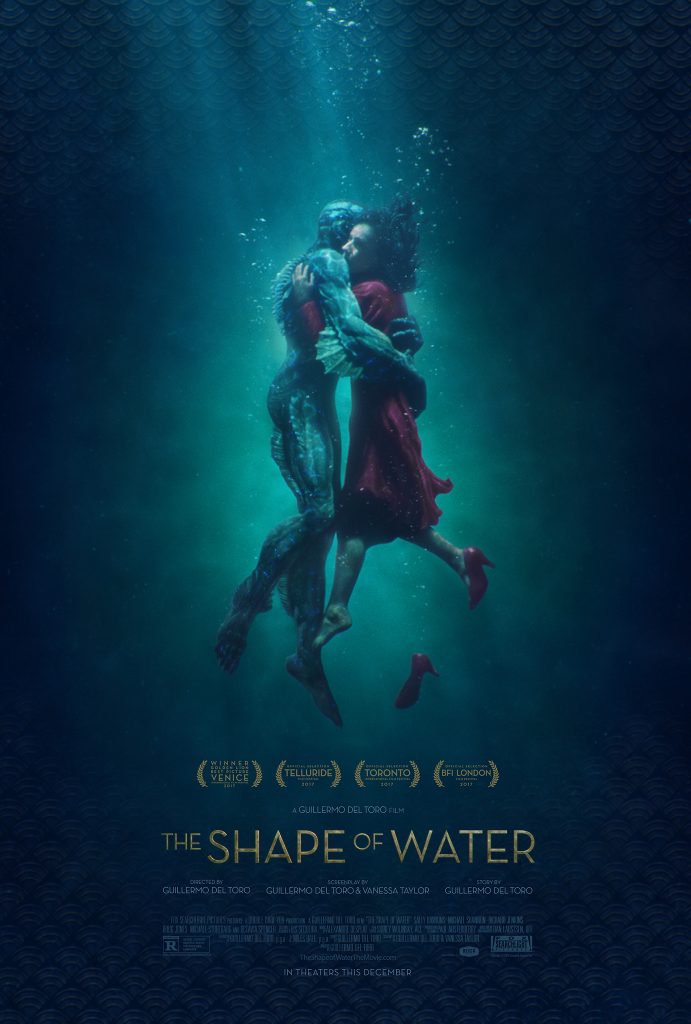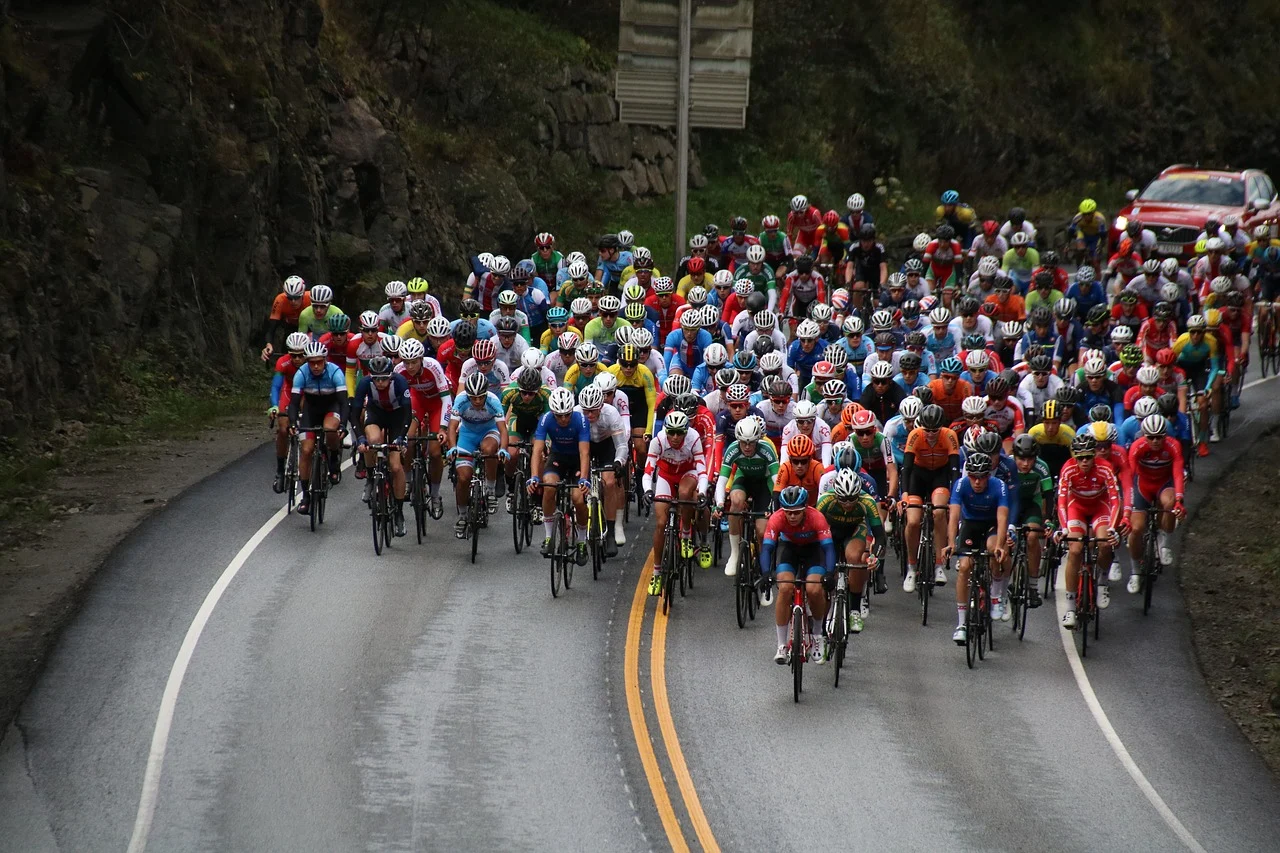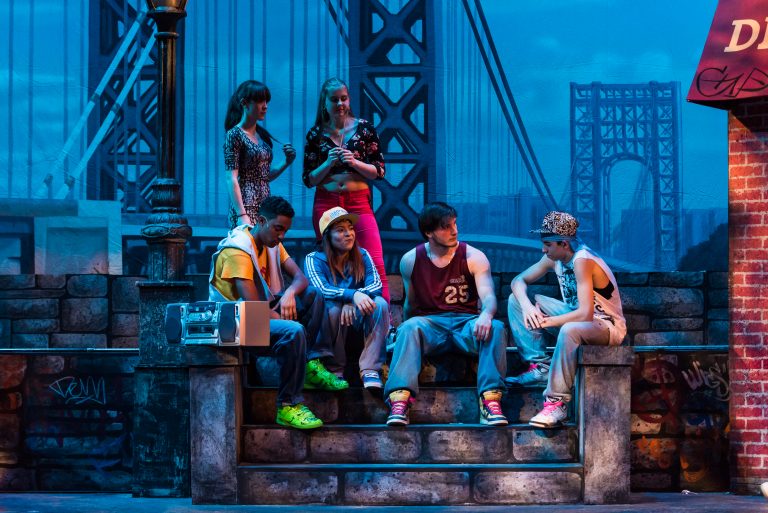The Surge of Mexican Film Creators in America


Hollywood has recently made strides in diversifying its creators: producers, writers, and directors. For quite some time, only one perspective had a voice; even today, varied perspectives are still lacking. But it is these strides and victories in diverse creators in Hollywood I want to inspect further. This week, I want to explore the Mexican creators behind some significant films.
Guillermo del Toro’s Direction in Films
Guillermo del Toro is a name to remember. Most notably, he co-wrote and directed the film Shape of Water, which went on to win the academy awards for Best Director and Best Picture. Del Toro has also directed the popular Hellboy movies and worked on the screenplays for The Hobbit movies. The themes of del Toro’s movies tend to be fantasy and involve a monster. The film Pan’s Labyrinth is another movie that demonstrates del Toro’s admiration for the fantasy genre.
For del Toro, his movie the shape of water is all about connection:
“The movie is about connecting with ‘the other,'” he says. “You know, the idea of empathy, the idea of how we do need each other to survive. And that’s why the original title of the screenplay when I wrote it was A Fairy Tale for Troubled Times, because I think that this is a movie that is incredibly pertinent and almost like an antidote to a lot of the cynicism and disconnect that we experience day to day.”
Guillermo del Toro on NPR
How del Toro’s Upbringing Influences His Films
He also mentions that his upbringing has strongly influenced his movies. Del Toro was raised as a Catholic in Guadalajara, Mexico, and often inserts a god-like figure or monster in his films. His own incredibly vivid lucid dreams have also been inspirational in his filmmaking. In an article for The Independent, del Toro discusses how his Catholic upbringing turned out to be useful for his work as a director of horror fantasies (and his interest in directing a Frankenstein adaptation):
“That’s what happens to me with monsters. There is a syncretism of Catholic dogma and the idea of sacrifice into a profane iconography, which is the monster. To me, the creature of Frankenstein is in many ways similar to a crucifixion – a martyr who dies for his sins.”
Guillermo del Toro interview by Geoffrey Macnab, for The Independent
Alfonso Cuarón’s Direction in Films
Guillermo del Toro incorporates his active dream world and Catholic upbringing into his movies. Another Mexican creator who brings his background to his films is Alfonso Cuarón. Born and raised in Mexico City, Mexico, Cuarón drew on his childhood neighborhood for the film Roma. The film is centered on Cuarón’s nanny growing up, an indigenous Mixtec woman who joined the family when Cuarón was nine months old:
“When Cuarón started the filmmaking process, there were three elemental aspects that came to him that he refused to question: “Roma” would be centered on Rodríguez; it would be taken from his own memories; and it would be filmed in black and white.”
Alfonso Cuarón in an interview by Kristopher Tapley, for Variety
How Cuarón’s Upbringing Influences His Films
Although Roma is Cuarón’s first autobiographical movie, he has drawn on his past for his other films. In A Little Princess, a young girl living through World War I struggles with the loss of family. Her mother and sister died when she was young, and her father was wrongly pronounced dead in combat some years later. While not directly a story about himself, Cuarón draws on his familial pain:
“[Cuarón] worked on various screenplays that obliquely dealt with his upbringing through stories of families falling apart or the absence of a father — tribulations that he himself had endured at a young age.”
Alfonso Cuarón in an interview by Kristopher Tapley, for Variety
Cuarón’s work on Harry Potter and the Prisoner of Azkaban
Gravity and Harry Potter and the Prisoner of Azkaban–two other movies directed by Cuarón–also touch on abandonment and loss of fatherly or male figures. The third book in the Harry Potter franchise takes on a darker tone, and Alfonso Cuarón channeled that darkness to the screen:
“Yeah, it meant they got Alfonso Cuarón to come in and direct the third one. Now, by the standards of modern cinema, that decision just looks very smart and good. At the time, I think we can forget how absolutely left-field that choice seemed, as the guy who’d just done Y Tu Mamá También. But again, it’s one of the decisions that our producer David Heyman made that really shaped the next few years of the series and allowed us to go to a darker place.”
Daniel Radcliffe in an interview by Ben Travis for Empire
Excellent storytellers draw on their experiences to bring tales to life; Guillermo del Toro and Alfonso Cuarón deliver every time. These two creators are renowned for their accomplishments in film and have each won multiple Academy Awards. They have written incredible stories that remind us of the significance of human connection, and the strength that exists in vulnerability.




